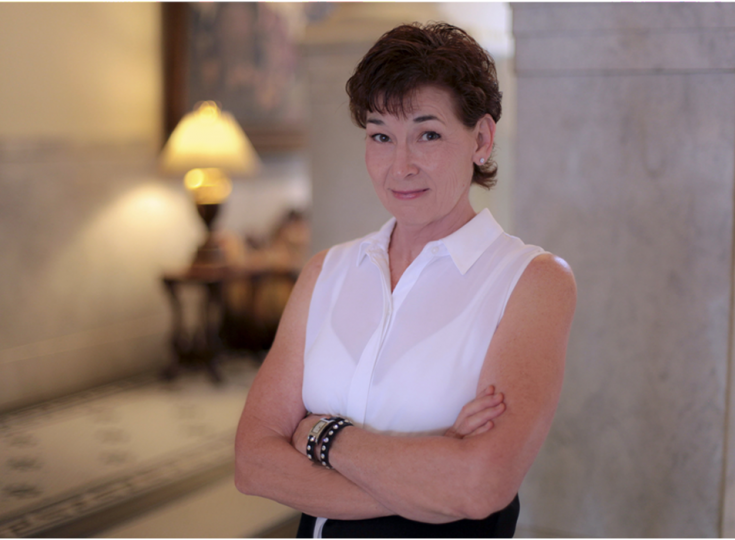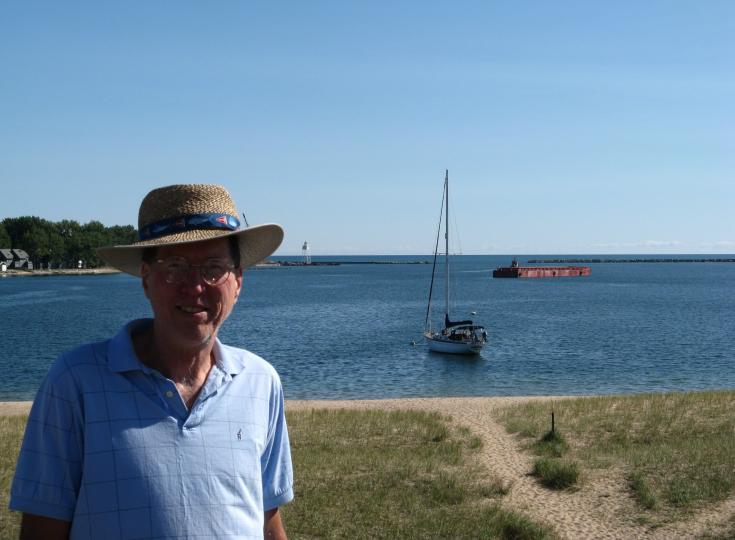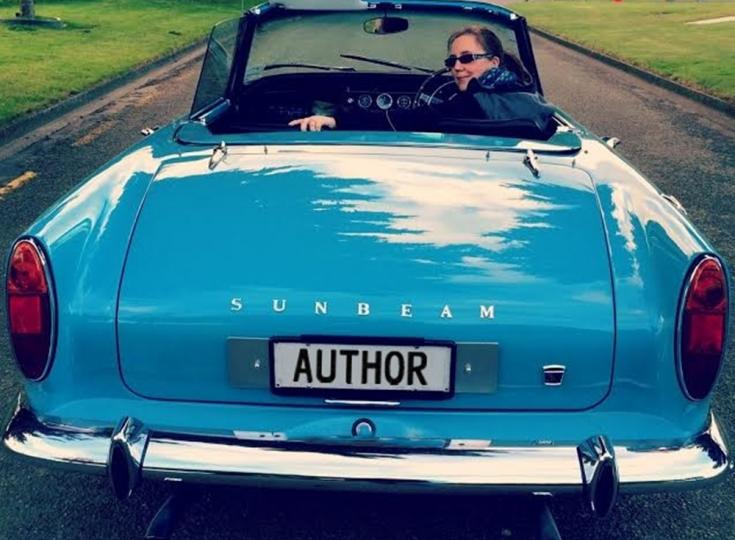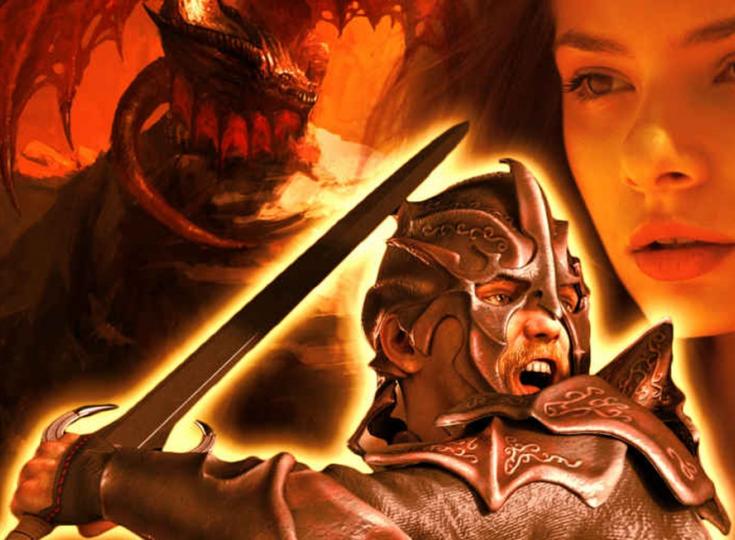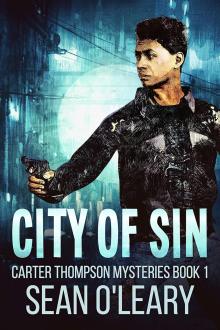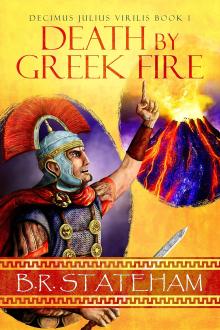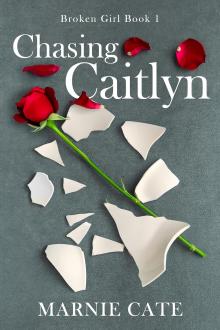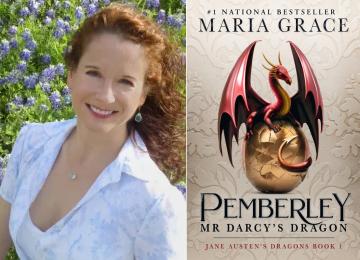Tyler True - Thrilling Sci-Fi Adventure with a Powerful Message
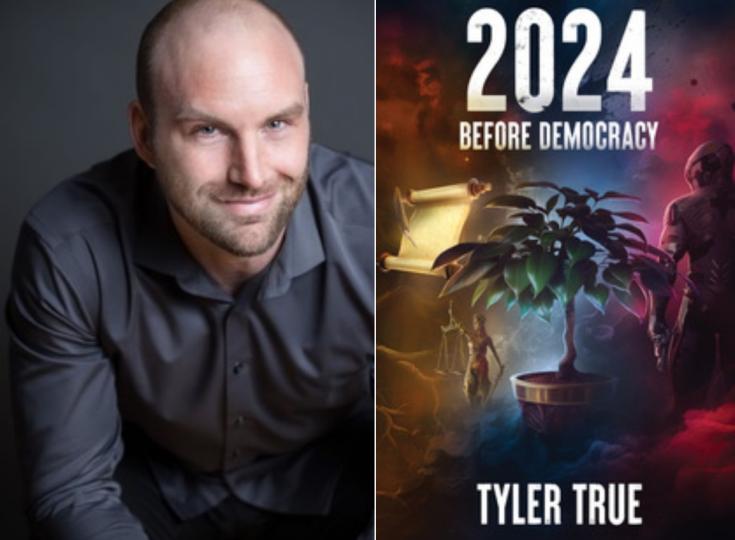
Tyler True's psychology degree led to diverse careers as an Air Force pilot and commercial scuba diver before becoming a writer focused on addressing broken political systems through entertaining and thought-provoking stories. The first ten years of Tyler's writing journey were dedicated to screenplays, and now he is venturing into the world of fiction novels. Tyler loves the freedom that comes from writing books and hopes to share his vision of a better world with many readers.
Please give us a short introduction to what "2024 Before Democracy" is about.
2024 Before Democracy is about an anthropologist who finds a magical plant in the Amazon rainforest and becomes extremely wealthy after selling it to the world. He uses that wealth to fund a global political revolution to fix our dysfunctional democracies. During all of this, he has to protect himself and his family from the most powerful people on the planet who want to stop him.
The protagonist, Theodore Hansen, discovers a magical plant in the Amazon Rainforest that has the potential to both heal and destroy society. What inspired you to incorporate this magical element into the story, and what message or were you aiming to convey through it?
The plant is a very powerful drug that takes over society and is a metaphor of all the different addictive substances in our world that have benefits in moderation, but when overused become detrimental, such as social media. The message is really about everything in moderation.
The intersection of capitalism, power, and political change are big themes in this story. Why did you find it important to explore?
Our world is being destroyed right now by capitalism and greed. Capitalism is a great thing and has improved society immensely, but unfettered capitalism is simply not sustainable. We need to figure out a balance between people becoming incredibly wealthy and powerful and also looking out for the future of life on this planet. I believe this book explores solutions to these problems and what that balance would look like.
Besides writing, what other secret skills do you have?
I would say my secret skill is seeing inefficiencies and figuring out ways to make them more efficient. I can’t even help it, it’s always on my mind no matter what I’m doing.

The book delves into themes of corruption, greed, and the misuse of power by governments and pharmaceutical companies. How do these themes reflect real-world issues, and what do you hope readers will take away from Theodore's experiences?
The people in power have way too much of it in our current system. In the future, people will look back at this time and question how we even called this a democracy - it’s more like a short term monarchy than democracy. We have the technology now to create real democracy where the people actually decide on laws and where our taxes go. Nobody is stepping up to try and fix this system, but in the book Theo does and we see the kinds of sacrifices individuals have to make when they stick their necks out to take on the people controlling society. I want the reader to think about what they would sacrifice in order to create a better world.
Theodore embarks on a mission to start a political revolution that empowers the people, despite the risks to himself and his family. What qualities or characteristics do you believe are essential for individuals who challenge established systems of power?
Bravery is really the only thing needed for someone to challenge the status quo. Those who question everything and are willing to ask those questions out loud, to put themselves in the line of fire, they are the ones who usually instigate change.
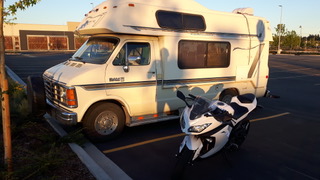
Your background includes diverse experiences such as being an Air Force pilot and a commercial scuba diver. How have these experiences influenced your writing, particularly in crafting the thrilling and adventurous elements of "2024 Before Democracy"?
Life in my 20s was all about adventure. All of my jobs needed to have a high element of danger to them or I had no interest. Even then, I got bored of everything I did once I got proficient at it and needed another challenge. I don’t think a writer needs to have had thrilling experiences in order to write adventure, it just makes it easier because they have less research to do. In this book, for instance, there are flying and diving elements that I could write about with ease.
What was your greatest challenge when writing "2024 Before Democracy"?
I think the greatest challenge in writing anything is maintaining the enthusiasm for it after going through it the 6th or 7th time. You start to question if it’s even any good because it starts to become a little boring. But then you send it out to readers and they rejuvenate what you felt after that first draft.
Reviewers have praised the book for its intense journey, multilayered narrative, and thought-provoking themes. How does it feel to receive such positive feedback, and did you anticipate the impact your story would have on readers?
The half-dozen beta readers I paid went nuts for this book and it’s what I expected, but it’s still nice to get that validation from reviewers because you really never know how an audience will respond. After I was about 20% through in writing this, I knew this was something special. I feel like if this book can get over the hump, it will really take off and perhaps get a global conversation going about how to fix our broken governments and create a better future.
Throughout the book, Theodore's journey unfolds with ups and downs, twists and turns, success, and tragedy. How did you approach character development to ensure that readers would connect with and empathize with Theodore's experiences?
I wrote what I saw as a realistic path for someone who takes an unprecedented journey. Nobody has ever done anything like what Theo does in this book, but the problems he faces are universal: such as wanting to keep your children safe but still allowing them to experience life. Also, a lot of Theo’s actions are in the gray area of life, which is where most people live. Nobody is completely bad or completely good, we’re all just out here trying to do our best and sometimes we make mistakes. In Theo’s case, his mistakes have incredibly tragic consequences because he’s in such an influential position. But since the reader goes on this journey with him from the first step, and all of it seems plausible, I think they could see themselves in that position as well, which makes it easy to emphatise with him.
"Before Democracy" has been described as a captivating and entertaining read that also stimulates thought about fixing democracy. What advice would you give to aspiring writers who aim to blend entertainment with meaningful social commentary in their work?
The writer has to truly believe in the message they’re trying to spread if they want to write about social commentary. If it’s just shallow pandering for a cause, the reader will sniff that out and it will have zero impact. I believe the reader will see how deeply I’ve thought about fixing our democracies when they read this book. It’s something I’ve been writing and thinking about for the past decade. More importantly, this isn’t a political book - it’s a sci-fi thriller with some political discourse mixed in. Entertaining your audience is always the most important aspect when it comes to selling your work.
Do you have any interesting writing habits? What is an average writing day like for you?
I never talk to any other writers so I don’t know if what I do is interesting or not. Once I connect to a train of thought, I simply go on the ride and let my fingers do the work. I don’t write out character bios or the plot etc. It’s like I’m experiencing the story the same time as the reader. I think if all writers trusted that process they would discover the same thing and perhaps could save themselves a lot of time with preplanning. Of course, with my method a person has to be able to live the story for many hours every day without interruption. Being able to strongly connect to that frequency of thought can take some time and if a person only has an hour or two a day to write, then I don’t think my method would work. When I write, I make sure I can just live with the story until it’s all out the way it’s supposed to come out.
What are you working on right now?
2024 Before Democracy was originally a screenplay I wrote in 2014. But after writing this book, I have to go back and rewrite the script, which will be exponentially better, so that’s what I’m doing now. After that, I will start the second book in this series, called 2100 After Democracy. There’s the potential for there to be many books in this series, so we’ll see if an audience wants that or not.
Where can our readers discover more of your work or interact with you?
I’m on all of the social media platforms and my handle on all of them is @tylertrue1980. I quit social media 10 years ago when I started writing, because I found it to be too much of a distraction, but I’ve recently just gotten back on because it's what a novelist has to do, so my following is a bit sparse at the moment. I’m a relatively new writer when it comes to fiction novels as my focus was writing scripts, so there isn’t a ton of other material in terms of books that I’ve published. I have two other nonfiction books, one is a story of my life told through 100 different sexual partners, but I highly suggest readers start with 2024 Before Democracy and they will find the other titles at the end of that if they enjoy my writing style.

Anthropologist Theodore Hansen discovers a magical plant in the Amazon Rainforest that has the potential to both heal and destroy society. He then uses the vast fortune he made from selling the plant to start a political revolution that truly gives the power to the people...despite the danger to himself and his family.
